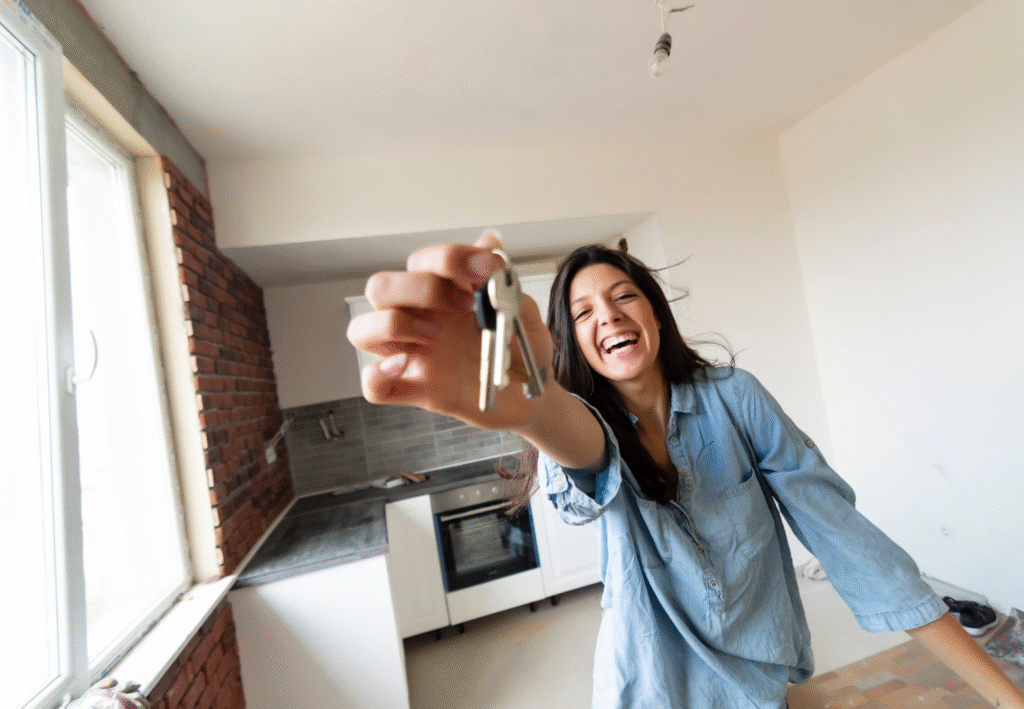Posted Date: 16/09/2025
For many first-time buyers, the biggest hurdle to buying a home is saving enough for a deposit. While it can feel like a long road, understanding how deposits work and why they matter can make the process more manageable.
Why the Deposit Matters

Lenders usually require buyers to put down a percentage of the property’s price upfront. The size of your deposit doesn’t just affect how much you need to borrow, it also influences the types of mortgages available to you. Generally, the larger your deposit, the wider your options.
Even a small increase can help. For example, saving beyond the minimum deposit could improve your chances of approval and give you access to a greater choice of mortgage products.
Moving Forward as a First-Time Buyer

Saving for a deposit can take time, but it’s often the first and most important step in the journey to homeownership. Once you’re ready to apply, knowing where you stand with your deposit helps set realistic expectations.
At Muuvin Mortgages & Protection, we offer no-obligation calls where you can discuss your circumstances and better understand what deposit level may work for your situation.
Do I always need at least a 10% deposit?
Not always. Some lenders may accept smaller deposits, though a larger one usually provides more flexibility.
Can I get help with my deposit?
Yes, in some cases family assistance or government schemes may support you, depending on eligibility.
Does the deposit affect my monthly payments?
Yes. A larger deposit generally reduces how much you need to borrow, which can lower repayments.
Disclaimer
Your home may be repossessed if you do not keep up repayments on your mortgage.
This article is for general information only and should not be taken as advice. Mortgage applications are subject to status and lender criteria.


